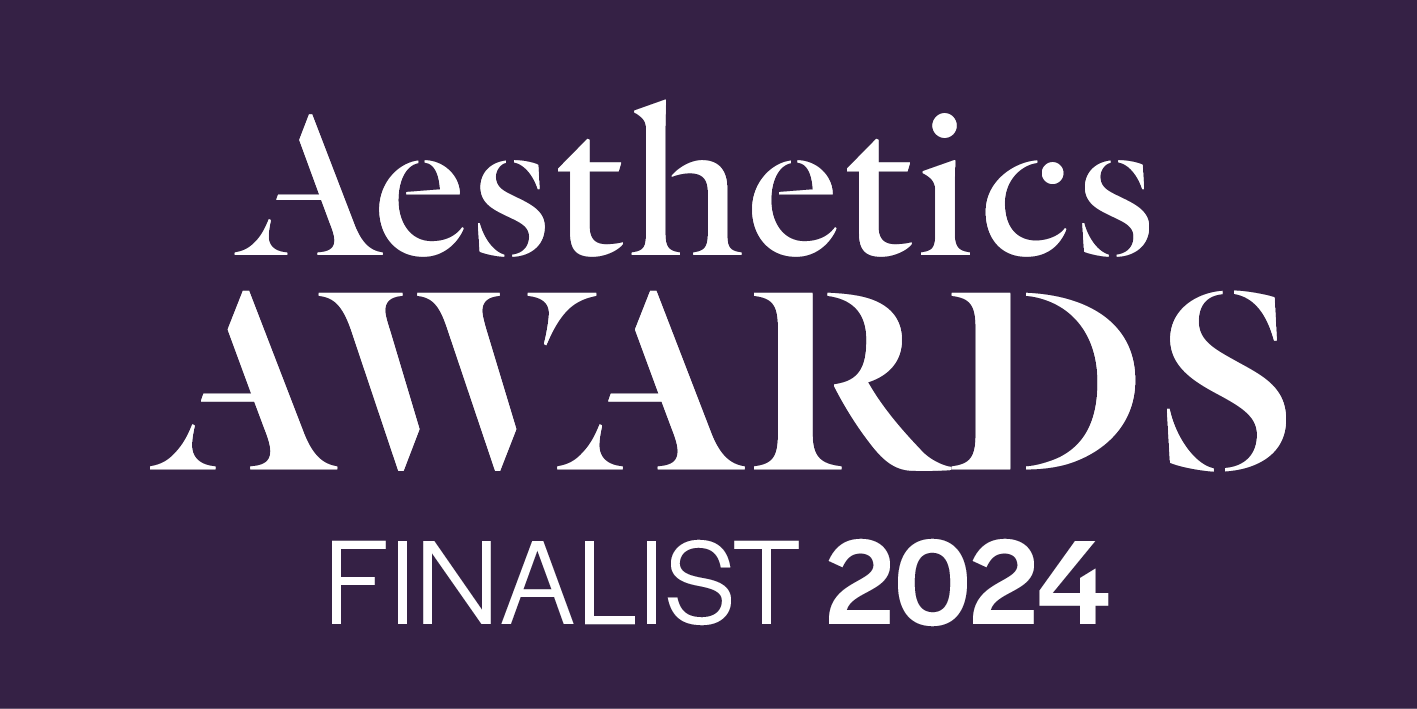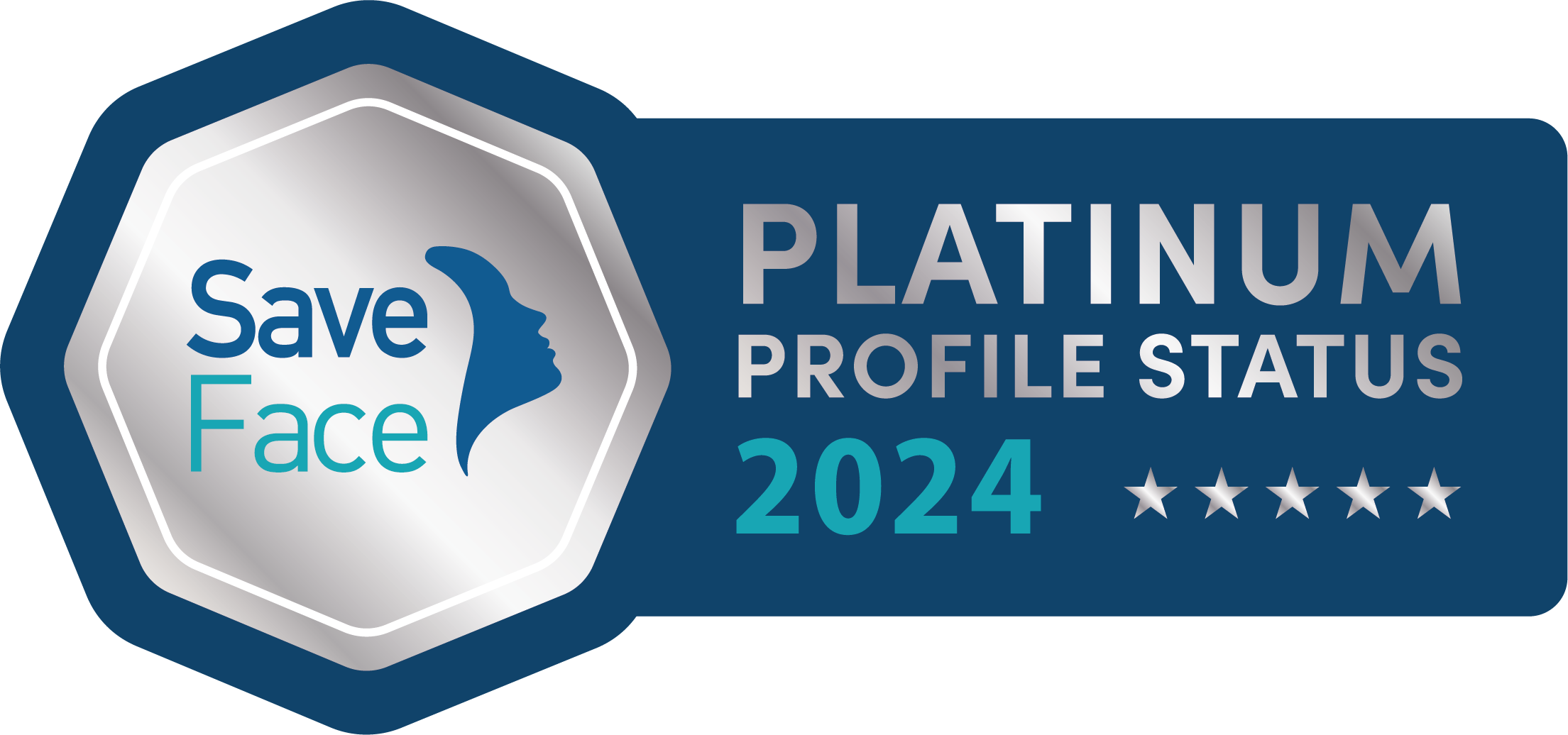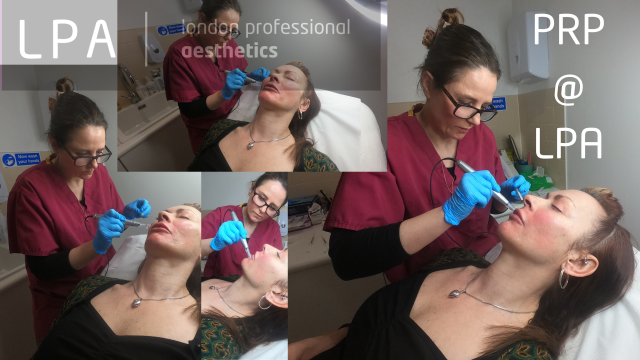Itchy skin conditions can drive you mad. Giving in to the itch only makes things worse. Scratching stimulates the release of serotonin which explains that borderline blissful relief sensation when we start to scratch. However, scratching disrupts the skin barrier, increasing inflammation, potential for infection, and that awful itch!
I was recently asked by the Daily Mail how to manage itchy skin. Here’s my low down on how to spot and manage some common itchy skin conditions.
Prickly Heat / Heat Rash
Itchy skin associated with prickly heat usually looks like a mild rash with small raised spots with or without swelling. On lighter skin the spots may appear red, on darker skin, redness may be less obvious. It can feel prickly as well as itchy (hence the name!).
This affects adults and children on any part of the body.
This rash usually results from excessive sweating and can show itself a few days after the heat. It can also result from a difficulty in cooling down (especially for babies).
Keep Calm and Stay Cool
Try to keep cool! Stating the obvious but it’s important to do so. Keeping cool means wearing loose cotton clothing & keeping cool in bed – lose the duvet and avoid synthetic fabrics.
Make sure you drink plenty of water, keep your bath / shower water cool, and pat your skin dry rather than rubbing it.
Try to avoid scratching – believe me I know it’s not easy- apply cold compresses / tap or pat the skin, whatever you need to do to avoid the urge to scratch.
If you’re struggling your pharmacist can help – they may suggest antihistamines, calamine lotion, emollients or even a mild steroid cream.
Mosquito bites
Another inevitable summer itch comes from mosquitos. Usually almost impossible to detect until the deed is done – leaving you with a small flesh coloured or red welt which you scratch at your peril!
It’s true that some skins are more appealing than others but we can all fall victim on any body part.
Although you can find Mosquitos anywhere – they like still water so be extra mindful when visiting lakes etc.
Mosquitos do have the potential to carry disease depending on where in the world you are, so it’s important to be aware of that, in some cases you will be advised to take prophylactic medications to reduce the risk of mosquito borne diseases.
If you can resist the urge to scratch, mosquito bites can settle quite quickly but that is easier said than done! If you need a bit of help you can try antihistamine tablets or cream, or even a very mild steroid cream.
You may prefer to avoid getting bitten in the first place. There are plenty of anti mosquito plug ins, diffusers, candles and sprays. You can also apply mosquito repellent to your skin – there is a wide range of options on the market for you to chose from.
LPA is an award-winning nurse-led clinic. Our philosophy is to help you age in a way that you feel confident and comfortable in yourself. We’re on a mission to win your trust from the off, by making your visit relaxed and easy and ultimately sending you on your way with a natural revitalised and more attractive version of you, so that you’re ready to conquer your world!
We are based in EC1 in the bustle of the city. We are registered with Save Face, the UK aesthetics regulatory body.
Pregnancy
Itchy skin in pregnancy is a thing. Firstly, as with any new symptom make sure you update your midwife or doctor. Something like itching can seem innocuous but in rare cases it may be a sign of something serious, and you will likely need a blood test just to make sure all is well.
Itching in pregnancy can be all over the body and can feel really quite distressing. The most common reason this happens is simply down to the alteration in blood hormone levels.
All the usual itch management applies. Keep cool in loose cotton clothing (in bed at night also), drink plenty of water and keep your skin hydrated with emollients. Try to avoid scratching – try cool compresses, patting, tapping and fans. Don’t be afraid to ask your medical team for advice on how to manage itching
Urticaria
Idiopathic Urticaria is the posh name for a common itchy rash – it basically means an allergic rash of unknown cause. The rash will cause itchy hives or welts that will appear on a part of your body, go down and then reappear somewhere else. When it comes to allergies we really want to know the cause and being told ‘unknown cause’ may feel like a ‘non diagnosis’ but it’s just the way it is. It usually lasts around 6 weeks or longer and you should seek medical advice – never self diagnose anything that lasts longer than a couple of weeks. This type of rash can be triggered by a number of different factors including stress, infection, and food.
You may be asked by your doctor to take daily antihistamine tablets for a few weeks to normalise your histamine levels.
Eczema
Eczema is a chronic dry skin condition. Like many things skin, we don’t fully understand the reasons for getting it, but you are more likely to suffer if it if one or both of your parents or one of your siblings has it. Eczema sufferers will have areas of dry, flaky, irritated skin. Over time affected skin can become thicker or change colour. During bad flares it is also possible to experience infection on top of eczema, as the skin is not doing its usual job of keeping bacteria out.
It can really vary in severity from very mild to very severe and anywhere in between. The symptoms can and do usually fluctuate. Eczema can appear anywhere on the body but common areas are behind the knees, the creases of the elbows and backs of the hands.
People suffering with eczema can benefit from a wide range of treatments depending on how their skin is, and because this condition changes, it means that treatments will also change depending on the symptoms at that particular time.
The main stay of treatment for Eczema is hydration. The skin is less able to retain moisture so trying to add moisture back into the skin during and after washing is essential. Other treatments that may be needed include steroid creams and ointments, antibiotics in the event of infection and more.
My top tips for general itching whatever the cause
Avoid scratching – it feels wonderful for a moment, very quickly followed by a sharp increase in itch intensity.
Keep skin cool in loose cotton clothing including at night.
Always seek medical advice for inexplicable severe itching or if symptoms last longer than you think they should, or if you are pregnant. Start with your local pharmacist if you are unsure – they will be able to guide or signpost you as needed.














